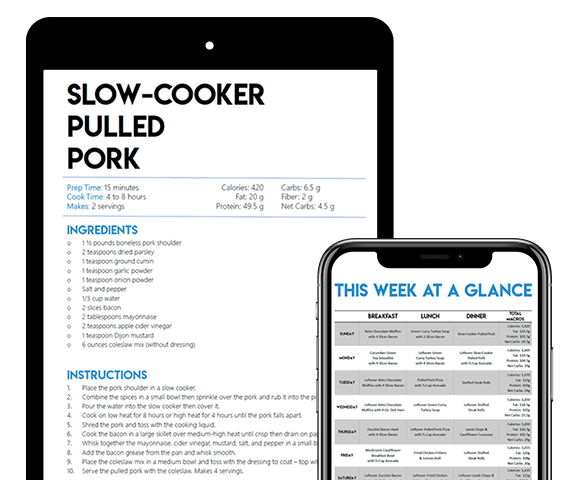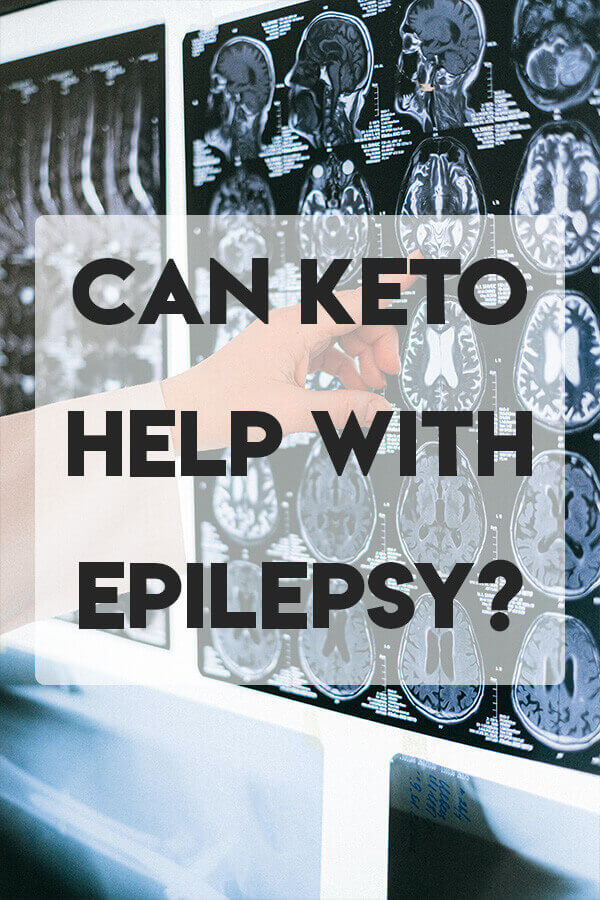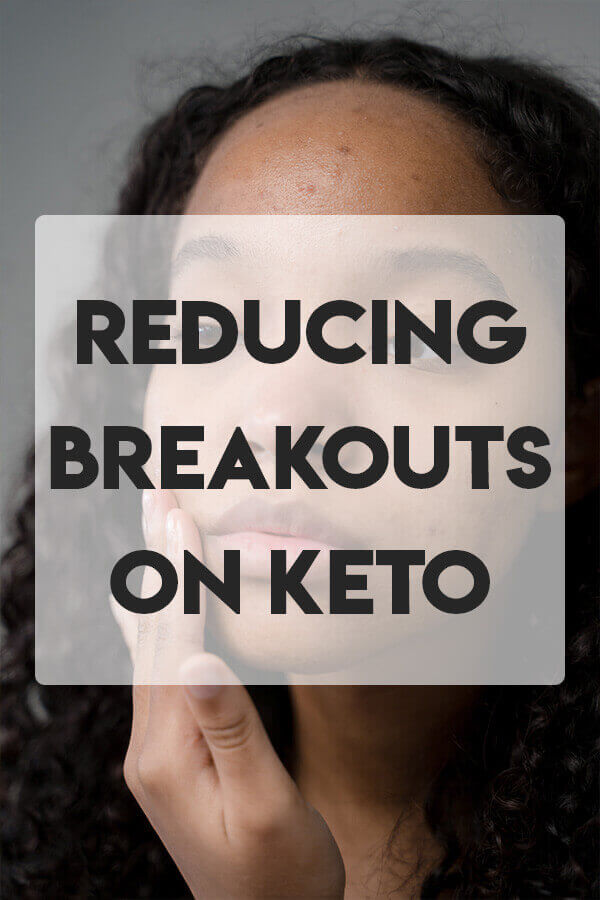Epilepsy and the Keto Diet
Living with epilepsy can be challenging. From dealing with seizures to managing medications, it’s not an easy journey. If you’re searching for alternative ways to manage epilepsy, you’ve probably come across the Keto diet. So, what’s the deal? Can the Keto diet really help with epilepsy?
The Ketogenic Diet: A Quick Refresher
Before we dive in, let’s revisit the basics of the ketogenic diet, or Keto diet for short. It’s a high-fat, moderate-protein, low-carb eating plan that switches your body’s primary energy source from carbohydrates to fats. This change ushers your body into a metabolic state known as ketosis. Now, you might be thinking, “What does this have to do with epilepsy?” Hang tight, we’re getting there.
Keto and Epilepsy: A Historical Perspective
The concept of using the Keto diet to manage epilepsy isn’t exactly new. It dates back to the 1920s, when researchers first noticed that fasting could reduce seizure frequency in patients with epilepsy. But obviously, fasting isn’t sustainable long-term, so they had to find a solution. That solution was the Keto diet. But why? Let’s explore.
4-Week Keto Meal Plan
- 4 Weeks of Delicious Keto Recipes!
- Leftovers and Bulk Preps Included
- Maximize Your Keto Diet's Success

The Keto-Epilepsy Connection
Believe it or not, the high-fat, low-carb nature of the Keto diet can mimic the effects of fasting on the brain, which can help reduce the frequency and severity of seizures in some individuals with epilepsy. It’s fascinating, isn’t it? Now, let’s take a closer look at the science behind this.
Changing the Brain’s Fuel
Normally, our brains rely on glucose as their main fuel source. But when you’re on the Keto diet, your body starts burning fats instead of carbs, leading to the production of ketones. These ketones can serve as an alternative fuel source for the brain. According to this study on ketogenic diet and epilepsy, ketones have neuroprotective properties which can help manage seizures in epilepsy.
Implementing Keto for Epilepsy
If you’re thinking about implementing the Keto diet as part of your epilepsy management plan, it’s important to do so under the supervision of a healthcare provider or dietitian. They can guide you to ensure you’re meeting all your nutritional needs while following the diet.
Another key factor in successfully implementing the Keto diet is tracking your intake of carbs, fats, and proteins — commonly referred to as macros. Keeping track of these can be a challenging task, but that’s where the Total Keto Diet app comes in handy. It’s a reliable companion for tracking your macros, available on both iOS and Android. The app can help ensure you’re staying within your daily goals and maintaining ketosis, which is crucial when using Keto for epilepsy management.
Who Can Benefit From Keto?
While the Keto diet might seem like a one-size-fits-all solution, it’s essential to understand that it doesn’t work for everyone in the same way. When it comes to epilepsy, some patients have reported a significant reduction in seizure frequency, while others have seen no change. Factors such as the type of epilepsy, the individual’s age, and their overall health can influence the effectiveness of the Keto diet.
Children and the Keto Diet
Interestingly, the Keto diet has been particularly effective in children with certain types of refractory (drug-resistant) epilepsy. Multiple studies have shown a notable reduction in seizure frequency in children following a Keto diet. It’s theorized that this might be due to children’s greater metabolic flexibility compared to adults.
Understanding the Types of Ketogenic Diets
The standard Keto diet isn’t the only version that has shown promise in managing epilepsy. Other types of ketogenic diets, including the Modified Atkins Diet (MAD) and the Low Glycemic Index Treatment (LGIT), have also been used successfully, especially for adolescents and adults. Let’s take a quick look at these:
- Modified Atkins Diet (MAD): This variation of the Keto diet allows for a bit more flexibility. It’s a high-fat, low-carb diet, but it’s less strict about protein intake.
- Low Glycemic Index Treatment (LGIT): The LGIT focuses on both the amount and type of carbohydrates. It allows more carbs than the standard Keto diet, but they must be slow-digesting carbs with a low glycemic index.
Discussing these options with a healthcare provider or dietitian can help you decide which is the best fit for your lifestyle and epilepsy management goals.
Potential Side Effects and How to Manage Them
While the Keto diet can be beneficial for epilepsy, it’s not without potential side effects. Some people might experience symptoms like fatigue, headaches, and constipation, especially in the initial stages. These are typically part of the ‘Keto flu’, and while they may be unpleasant, they’re usually temporary.
It’s also crucial to ensure you’re getting enough vitamins and minerals while on the Keto diet, as the restrictions could potentially lead to deficiencies. This is yet another area where the Total Keto Diet app can help. It not only tracks your macros but also keeps an eye on your nutrient intake. It’s like having a dietitian in your pocket!
Importance of Regular Monitoring
When using the Keto diet as part of an epilepsy management plan, regular monitoring by a healthcare provider is crucial. They’ll keep tabs on your seizure frequency, nutritional status, and overall health to ensure the diet is working for you and not causing any adverse effects.
Whether you’re using the standard Keto diet, MAD, or LGIT, tracking your macros and nutritional intake is a vital part of the process. Remember, the Total Keto Diet app can help make this tracking easier and more efficient.
Moving Beyond Diet: Lifestyle Changes
It’s important to remember that the Keto diet isn’t a magic bullet for epilepsy. It’s a tool, and like any tool, it works best when used in conjunction with other effective strategies. Regular exercise, adequate sleep, stress management, and taking prescribed medication as advised by your doctor are all integral parts of an overall epilepsy management plan.
The Impact of Keto on Quality of Life
The potential benefits of the Keto diet for individuals with epilepsy extend beyond just seizure control. Improved seizure management can lead to increased independence, self-confidence, and overall quality of life. And let’s not forget the potential cognitive benefits that come with improved seizure control and stable blood sugar levels.
Planning for Long-Term Success
When it comes to diet changes, especially significant ones like Keto, long-term success often boils down to planning. Planning your meals, tracking your macros, adjusting as needed – these are all key aspects of maintaining the Keto diet for epilepsy management.
And yes, while it may feel like a lot to handle at first, remember that you don’t have to go it alone. Your healthcare team, support from loved ones, and useful tools like the Total Keto Diet app can make the journey smoother and more manageable.
Always Consult a Healthcare Professional
As with any significant dietary change, it’s crucial to consult with a healthcare provider before starting the Keto diet, especially if you’re considering it for managing a condition like epilepsy. They can provide personalized advice, monitor your progress, and help ensure that you’re following the diet safely and effectively.
Final Thoughts: Is Keto Right for You?
Could the Keto diet help with epilepsy? The research certainly suggests so, especially for those with drug-resistant forms of the condition. It’s a promising approach that offers not only the potential for improved seizure control but also enhanced quality of life.
However, the Keto diet isn’t for everyone, and it’s not without its challenges. But with the right support, careful planning, and diligent tracking of macros and nutrients, it’s a feasible option for many.
Whether you’re considering the Keto diet for epilepsy management, or you’re simply curious about the connection, remember to make informed decisions. Consult a healthcare provider, educate yourself on the ins and outs of the diet, and take advantage of resources like the Total Keto Diet app to help guide you on your journey.
Living with epilepsy can be a challenge, but with research and advances in dietary interventions like the Keto diet, there’s reason for hope. Here’s to finding the right tools and strategies for a healthier, happier life.
NUTRITIONAL DISCLAIMER
The content on this website should not be taken as medical advice and you should ALWAYS consult with your doctor before starting any diet or exercise program. We provide nutritional data for our recipes as a courtesy to our readers. We use Total Keto Diet app software to calculate the nutrition and we remove fiber and sugar alcohols, like erythritol, from the total carbohydrate count to get to the net carb count, as they do not affect your blood glucose levels. You should independently calculate nutritional information on your own and not rely on our data. The website or content herein is not intended to cure, prevent, diagnose or treat any disease. This website shall not be liable for adverse reactions or any other outcome resulting from the use of recipes or recommendations on the Website or actions you take as a result. Any action you take is strictly at your own risk.
- Keto-Friendly Food Swaps for Common Ingredients - July 11, 2023
- Keto Diet and Acne: Reducing Breakouts and Promoting Clear Skin - July 9, 2023
- Can the Keto Diet Help with Epilepsy? - July 7, 2023







